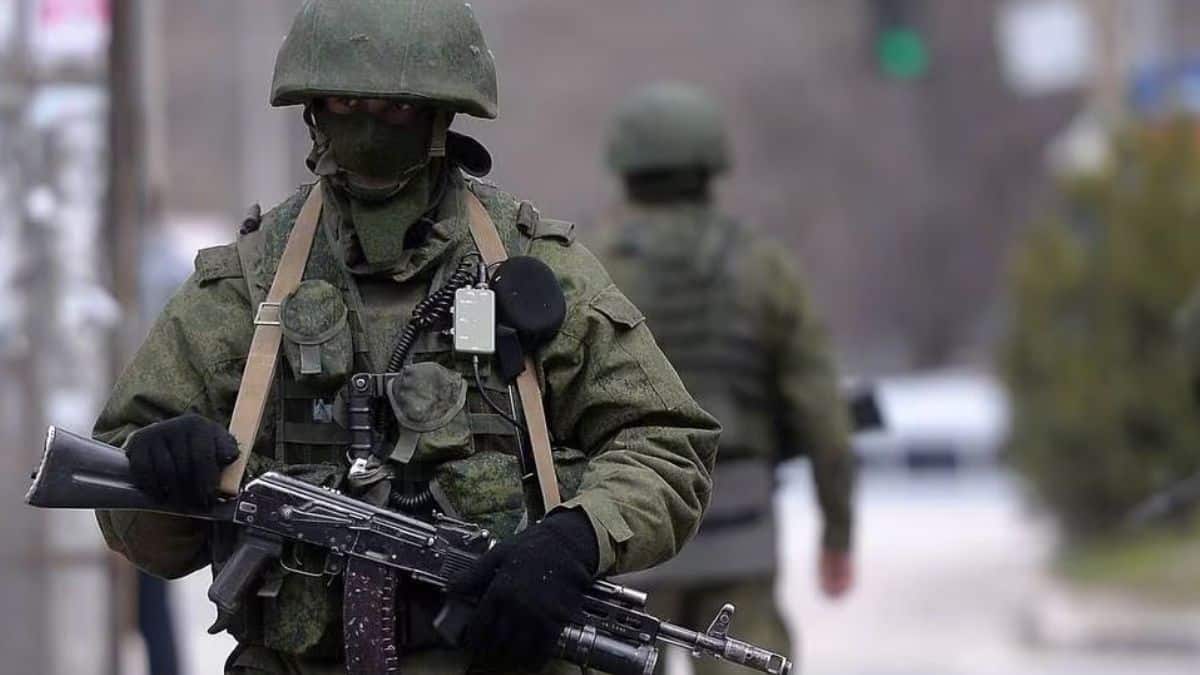Earlier this week, the Kathmandu government called on Moscow to cease employing Nepali mercenaries and to repatriate any Nepali individuals currently in service. This request came in response to the demise of six Nepali nationals on the Ukrainian front lines, and another being taken captive by Kyiv forces.
The Nepalese ambassador to Russia has disclosed that approximately 150-200 Nepali citizens are actively engaged in combat on behalf of Russia. However, local reports suggest that numerous individuals are enlisting every week, motivated by financial incentives and the prospect of obtaining visa residency. Despite the ongoing conflict, Nepali individuals continue to travel to Russia to join the military, and some have sustained injuries in the war, receiving medical treatment in Russian hospitals.
Nepal, positioned between China and India, has formally asked for compensation from Russia, currently engaged in a protracted conflict following its invasion of Ukraine in February 2022. The compensation is sought to support the families of Nepali citizens who lost their lives in the conflict.
The Gurkhas, recognized for their bravery and military skills, have historically served in the British and Indian armies under a trilateral agreement established after India gained independence in 1947. Notably, there is no equivalent agreement in place with Russia.
Nepal, identified as one of the world’s poorest nations with approximately 40% of its population below the poverty line according to the World Bank, generally prohibits its citizens from joining foreign armies. However, exceptions exist for ethnic Gurkha soldiers who are allowed to enlist in the Indian and British armies, though enforcing this ban proves challenging.
Amid its prolonged conflict with Ukraine, Russia has actively sought to augment its troop numbers and is reported to have recruited mercenaries from nations like Georgia, Syria, and Libya. While Nepali police stated there is “no proof” of direct Russian involvement in recruiting Nepali mercenaries, the Himalayan nation has officially communicated with Moscow, urging them to cease employing Nepali soldiers. Additionally, the Russian ambassador in Nepal has been summoned to reaffirm Kathmandu’s stance on the matter.
Police Superintendent Kumud Dhungel revealed that authorities discovered instances where “aspiring Nepalis” were offered letters purportedly from Russia, inviting them to visit. The police suspect that these intermediaries arranged for the mercenaries to travel to Russia via India or Dubai to avoid scrutiny at Nepal’s airports. Dhungel mentioned seeking assistance from Indian authorities in their investigation.
On Monday, Nepal formally requested the repatriation of the bodies of six mercenaries who lost their lives in recent combat. However, the Nepali ambassador to Russia, Milan Raj Tuladhar, informed us that there has been no progress in this matter so far. The sister of one of the deceased mercenaries has been urging Nepali authorities for compensation and assistance in repatriating her brother’s body.
The Kyiv Post, a Ukrainian news outlet, recently disclosed that there is an undisclosed number of Nepali individuals participating in combat alongside Ukrainian forces.
It remains uncertain whether Nepali mercenaries abroad are sending financial support back to their families. However, remittances play a crucial role in the livelihoods of numerous families in rural Nepal. According to the International Labour Organization, approximately 3.5 million Nepalis work abroad, primarily in the Middle East, Southeast Asia, and India.

